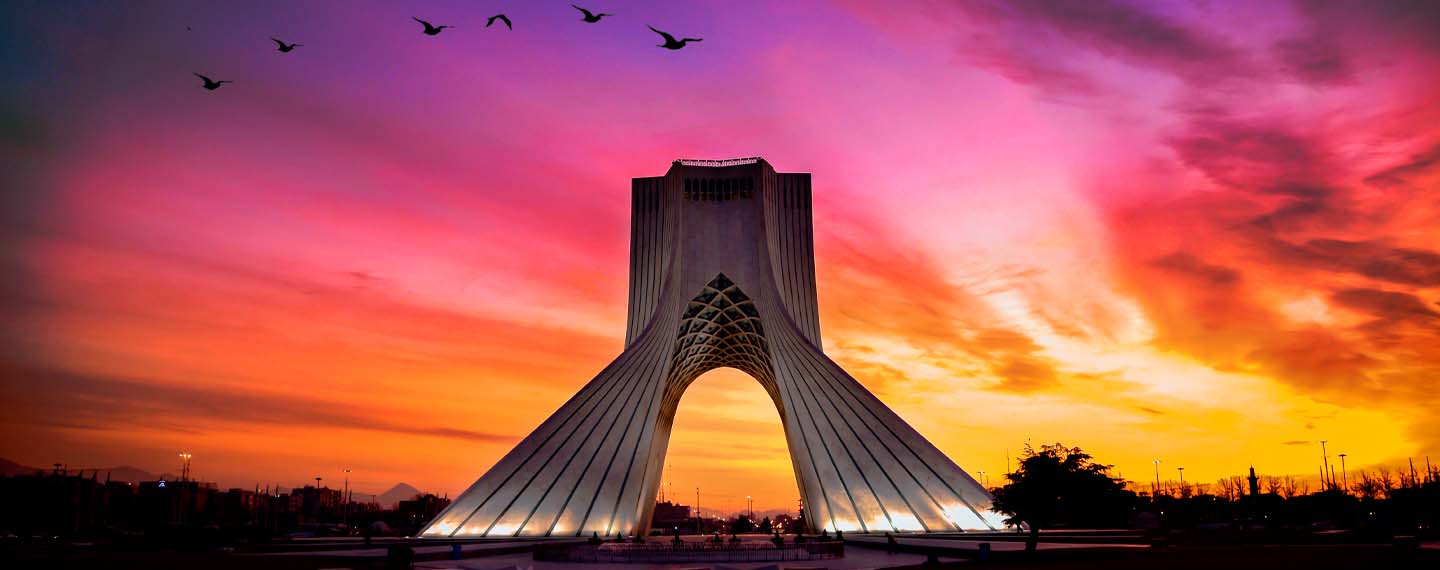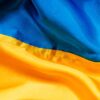Iran has started its Persian year 1400 with a lot on its plate. From the re-negotiation of the JCPOA to the social protests of 2021 and the dire economic indicators, Tehran has multiple fronts that are somehow interlinked and its ability to navigate them will be the first challenge of the new President. The Raisi Administration, which has been in power since August 2021, has to face an uncontrolled inflation, increasing youth unemployment, a significant devaluation of the domestic currency and serious accusations of mismanagement and corruption. While this is happening indoors, the hopes that the revival of the JCPOA could bring some much-needed sanction alleviation have been watered down by the Supreme Leader New Year’s speech where he mentioned again the importance of the “resistance economy” and while not referencing directly to the JCPOA, he did urge “those who are active in these fields” to “follow up on that”.
The long struggle of the country with the COVID-19 pandemic has left scars in the society and the economy. The mismanagement and avoidance of accountability let the country as one of the most affected Asian countries from the beginning of the pandemic. For instance, while doctors were informing officials about a substantial increase of flu-like virus, this information was held-back from the public in order to assure sizable crowds will show up for the funeral processions for Al Quds Commander Qasem Soleimani, the celebration of the 41st anniversary of the Islamic Republic and the parliamentary elections. The downplay of the disease was performed by the regime’s information apparatus, where COVID-19 was portrayed as a security threat rather a public health crisis.
The severity of the COVID-19 spread in Iran exacerbated the longstanding problems of the economy. More than one million people became unemployed –in a labour force of 27 million– during 2020, and while the economy rebounded quickly after the first disruptions, it was driven by the increase in oil prices in the second half of 2020. Inflation skyrocketed by more than 36%, thus leaving the rural and poor households in a dire position to face any further shocks. While the official narrative portrayed an image of resilience and strength, the reality shook officials during 2021 when a series of protests outburst around the country for a range of reasons, from water shortage to frequent power blackouts and the country’s foreign policy. Today, with over 60% of its population vaccinated, Iran has moved on from the COVID-19 emergency with no responsibility taken by the State.
The JCPOA is the lifeline
The restart of the JCPOA negotiation has given the regime new optimism for its foreign policy objectives. The last year of intense diplomatic effort from the European governments to bring Washington and Teheran on the table has seen its first accomplishments. The technical side of the deal is well-known by both administrations and while there is certain margin for manoeuvre, the key relies now on political issues. At this point, the designation of Iran’s Revolutionary Guard Corps (IRGC) as a foreign terrorist organization (FTO) by Donald Trump is proving to be one of the biggest obstacles to face. While the American administration is aware that the change in designation does not entail a revision on the sanctions imposed to the organization, for Tehran it is an essential part of its demands as it touches upon its national pride.
Yet, Washington expects the change in the denomination of the IRGC to be met by a gesture from Tehran, thus leaving the Iranian officials with the hassle of finding a way to move on with the deal while not irritating those at home. From its side, the Biden Administration will also have to deal with a wary Israel and a much-expected domestic criticism from the usual suspects.
For Iran, the JCPOA has become a pressing matter. The much more advertised “economy of resistance” has not proved to be fruitful and with the blockade of its oil exports, the Asian country does not benefit from the current energy crisis, as its main commercial partner is currently China. Beijing has continued buying Iranian oil, but at a discounted price, as the rest of Asian countries –South Korea, Japan and India in particular– cancelled their energy deals with Tehran in fear of the sanctions. The ongoing struggle in China fighting the COVID-19 outbreak has uncovered the weaknesses of the over-exposure to the Chinese market and the fears of the future repercussions are evident in the willingness of Iranian officials to continue the negotiations despite the recent Russian attempt to spoil the talks.
While the JCPOA will not be the holy grail for the Iranian economy, it will have a tremendous impact in the country’s capacity to solve its impending economy problems. Just with the release of the energy-related sanctions Iran will be able to boost its revenues and thus, its government budget. Whether or not this surge of capital is channelled towards the right direction, is a different story.
Image: Azadi Tower, Tehran (Iran). Photo: Michael Bayazidi.



